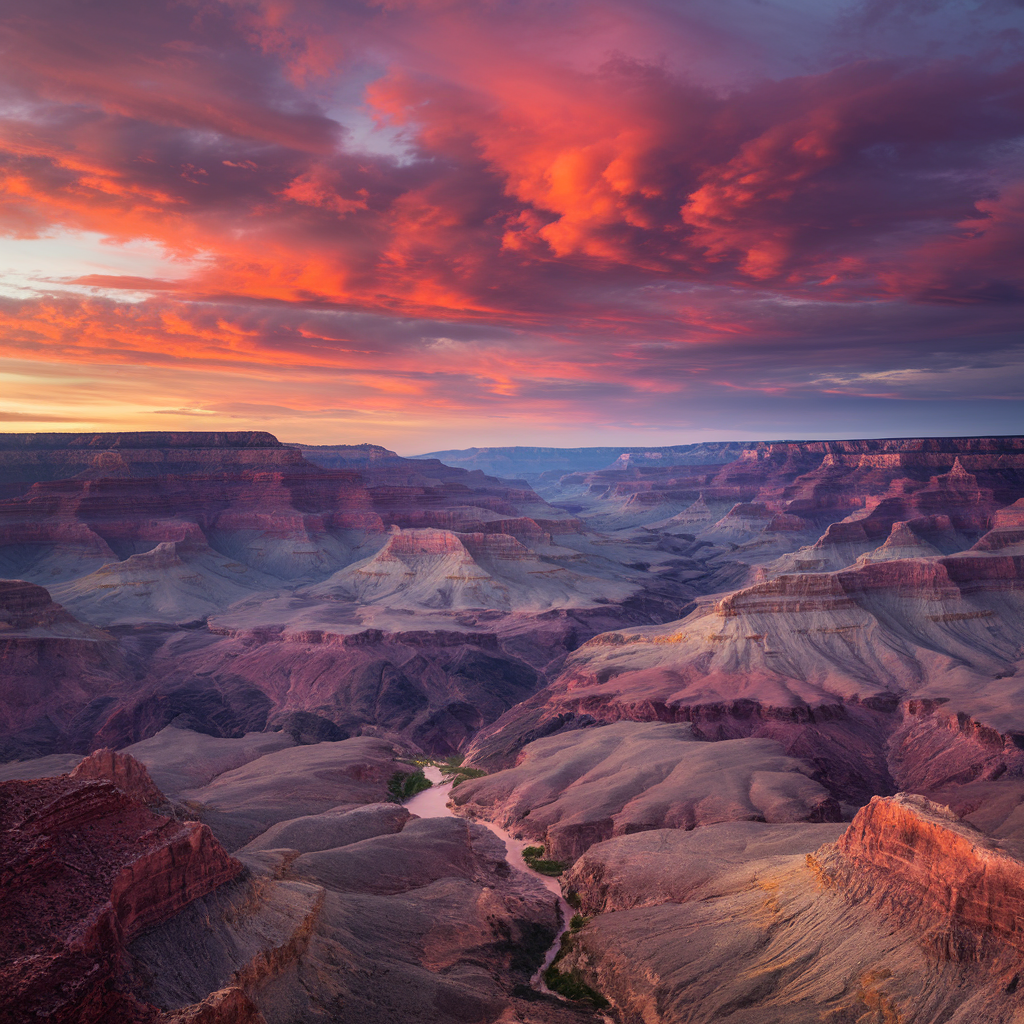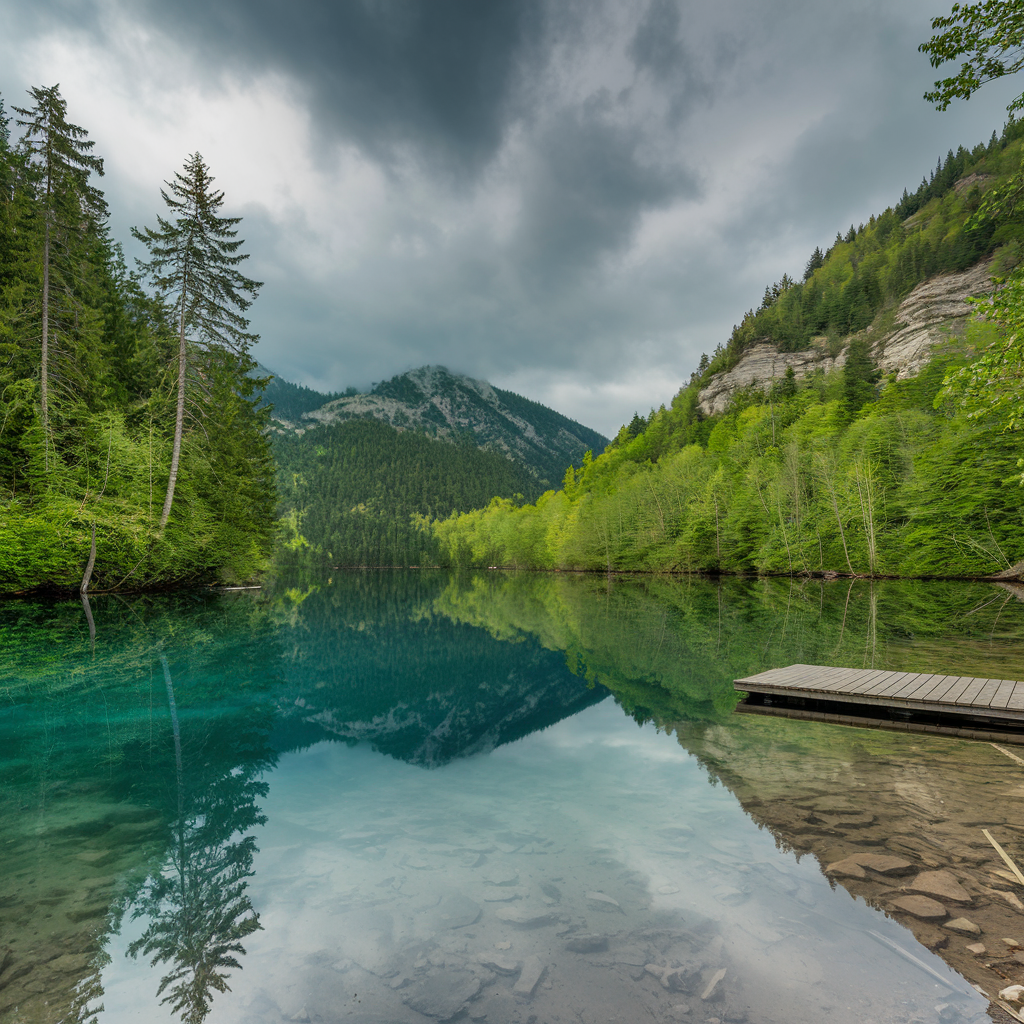By Rebecca Thackeray
The heavens proclaim the glory of God.
The skies display his craftsmanship.
Day after day they continue to speak;
night after night they make him known. (Psalm 19:1-2 NLT)

Isn’t it interesting that the Bible begins with the start of the universe? How did this place we call Earth come to be? Within the first sentence, the Bible establishes the main character and displays His intentional power, addressing some of the potential ‘who and how’ questions sceptics may have. All throughout the first couple of chapters, it shows God’s intentionality, but it may muster up the question, why?
One ordinary afternoon at work in a busy ward in the hospital, as I was doing my usual checks, this parent engaged in conversation with me. Out of nowhere, he shared his thoughts on God; he couldn’t quite understand the idea that people were ‘made’ to worship God. He then used an analogy to justify his confusion; when an artist paints a picture, the painting doesn’t get on its knees and worships it. Instead, people look at the painting in admiration. Quite bewildered by the whole conversation and in my naivety, I responded politely, then left it there. On reflection, I couldn’t help thinking that what he was saying was backward.
What comes to mind when you are surrounded by beauty, the view from the top of a hill on a clear summer’s day, or from an aeroplane window overlooking huge pillowy clouds, or the glistening sea that seems to go on forever, or the soulful notes played on a saxophone or even the birth of a newborn baby? Our attention gravitates to the awesomeness that is displayed, but surely, our minds wonder at the One who is behind it. As the artist discussed with that parent, I realised that the masterpiece of intricate detail and precision glorifies the hands of the artist, the Creator.
If God is the Creator, He also has dominion and sovereignty over all creation. A God who knows how many stars are in the sky, how many grains of sand are on the face of the earth and how many hairs we have on our heads. Creation belongs to the all-knowing, all-powerful Creator God. Everything that our senses detect around us is His. With the Creator, nothing would exist without Him, and everything exists under His control. The uncreated Creator is the ruler of all nature, and it is by right that all things are subject to Him! Psalm 24:1-2 states, ‘The earth is the Lord’s, and everything in it. The world and all its people belong to him. For he laid the earth’s foundation on the seas and built it on the ocean depths.’ God, by his grace, doesn’t force us to respond but simply invites us to look at everything that He has made. Just as the piece of art can tell us about the artist, creation can tell us about the creator. If we want to, we can seek Him and find Him and know Him, and you could argue that this is the most natural response to the ruler of nature.
Ask: What gives God the right to be called the Ruler of nature?
Seek: How does the idea of God being your creator make you feel?
Knock: Spend time this week in nature, admiring creation and the One who made it.





